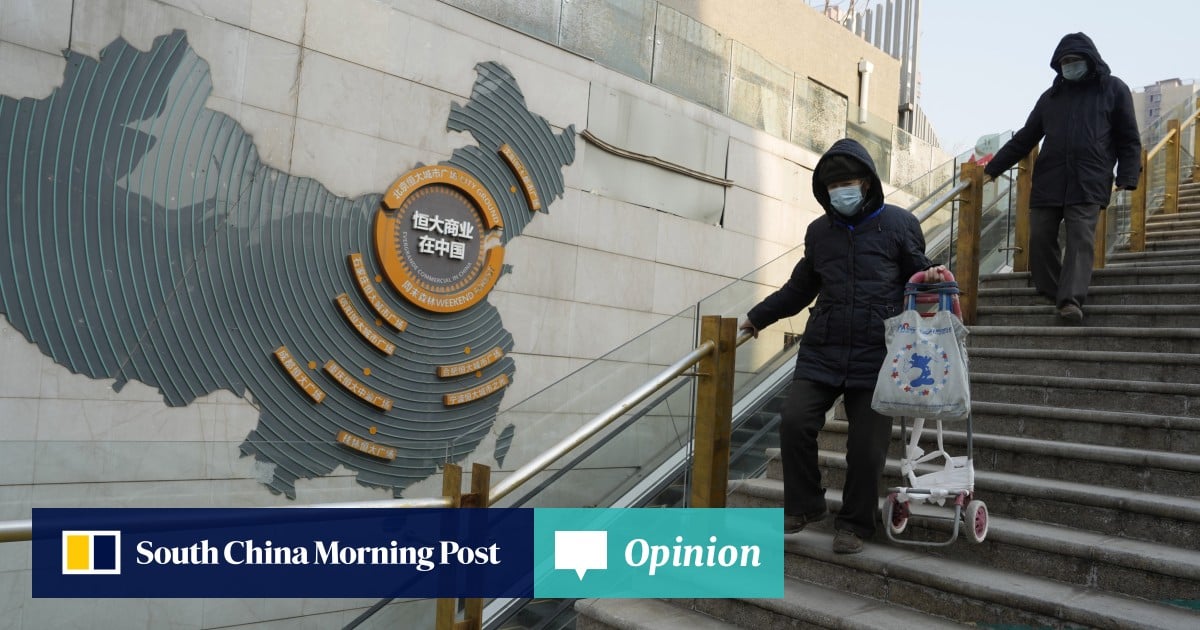What is more alarming is the extent of the crisis across real estate and other sectors of the world’s second-largest economy, and the real dangers if policymakers opt for pathways that could extend the recession and depth of the downturn.
Given the direct link between housing asset values and consumer confidence, and real estate making up 25 per cent of the economy, the impact of the unfolding housing bust is shocking to investors and China’s policymakers.
Professors Atif Mian and Amir Sufi in House of Debt showed us (using the US housing bust of 2007-2008) that deep recessions are always linked to housing price declines. As prices fall, consumers (even those with large down payments) feel poorer and pull back on spending.
China’s policymakers need to avoid creating zombie real estate firms, which stagger on, paying some bills and not others, completing some flats but not all. Restructure if possible, but liquidate as required. Selling to buyers able to build on firmer economic footings will be painful, but it is part of the solution.
Yes, in the short term, the pain is great (as it was in Ireland’s housing bust in 2000). But keeping these companies on expensive financial life support, in the hope they can stagger on to eventual health, could drain resources from the rest of the economy.
This is a key lesson from Japan’s real estate bust. Above all, avoid saddling banks with a growing portfolio of non-performing loans. Doing so constricts lending and the banks react by pulling back other lending and financing to productive parts of the economy. Leaving too much of the burden on banks could extend the drag on the economy. Unfortunately, this may be happening in China.
China can absorb its property crisis. Can US and Europe say the same for theirs?
China can absorb its property crisis. Can US and Europe say the same for theirs?
China’s banks should lend only to companies that can recover and restructure their businesses. Risk must be carefully managed. Banks should assume the economic downturn could be prolonged, not that there will be a sudden economic rebound, which is unlikely. Real estate firms that cannot be rescued need to go bust and have their assets sold. Creative destruction must be allowed to take place.
There is one overriding lesson from past housing busts, banking crises and recessions, whether in Ireland, Japan, the United States or China: strict consistent regulation and supervision is needed when a boom is under way, and profits are outsize. During a boom, risk takers always assure officials that their practices and business models are sound. Yet when the boom turns to bust, we often find that many companies were promising unrealistic returns, built on faulty practices.
Avoiding overburdening banks is not the only issue, but banks are the transmission mechanism, the engine of the economy. China’s leaders need to be careful not to infect finance with the real estate sector’s malaise, or the length and depth of the downturn could be far longer than many expect, and the economic pain more widespread and damaging.
William R. Rhodes is president and CEO of William R. Rhodes Global Advisors LLC, and a former CEO of Citibank
Stuart P.M. Mackintosh is executive director of the Group of Thirty



